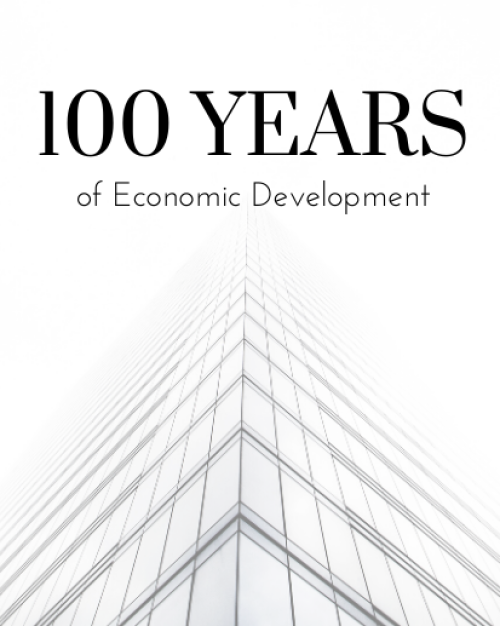Major figures in world economics will gather in Ithaca Sept. 15-17 to re-think the foundations of economics and the nature of regulation – with particular care for the environment during “100 Years of Economic Development,” a conference hosted by the Department of Economics in the College of Arts and Sciences (A&S) and the Mario Einaudi Center for International Studies.
“From roughly the end of World War I to now, it has been a tumultuous 100 years,” said Kaushik Basu, the Einaudi Center’s Carl Marks Professor of International Studies and professor of economics (A&S), who is organizing the conference. Former chief economist at the World Bank, Basu leads the Einaudi Center’s Cornell Research Academy of Development Law and Economics (CRADLE).
“This feels like a turning point for the world. Politics are changing, economics are changing in dramatic ways,” Basu said.
To take stock of these dramatic changes in economics and policymaking and plan for the future, economists from all over the world will gather at the Statler Hotel on Cornell University’s Ithaca campus. More than 120 papers are to be presented by established and rising scholars from Africa, Asia, Europe, the Middle East and the Americas. The Journal of Economic Behavior and Organization, the new journal Oxford Open Economics, and The Journal of African Economy plan to publish proceedings.
In-person attendance is open to members of the public; please write to rick.lee@cornell.edu to participate.
Setting the tone of the conference for speakers and chairs, an invitation-only session will combine the intellectual experience of Amartya Sen, professor of economics and philosophy at Harvard University and recipient of the 1998 Nobel Memorial Prize in Economic Sciences, and Emma Rothschild, professor of history at Harvard and director of the Harvard Center for History and Economics.
Sen, a philosopher and economist, has written extensively on collective choice, human welfare, democracy and polarization. He is expected to speak on these themes as they relate to the current context, Basu said. Rothschild will speak about economic history and climate change.
“I am thrilled by her choice because of the urgency of the topic,” Basu said.
The intersection of environment and economics will also be front and center in a plenary session, open to all, honoring Mukul Majumdar, the H.T. Warshow and Robert Irving Warshow Professor of Economics Emeritus (A&S), who has put his research on complex dynamic systems to use toward sustainable economic development.
The panel “Labor, Political Economy, Sustainability and Law” will include Gaël Giraud, former chief economist at the French Development Agency and current director of the Georgetown Environmental Justice Program.
“Gaël Giraud is a top mathematical economist, and he has a passion for sustainability,” Basu said. “He will give us his latest viewpoint on climate change and how it relates to economic policy and planning. He brings in a lot of theory, but since he was the chief economist of a policy body in France, he has his feet firmly on the ground on how theory can be used.”
Economists throughout the world use the Foster-Greer-Thorbecke indices, a family of poverty metrics used to compare levels of poverty across countries; a plenary panel featuring Erik Thorbecke, the H.E. Babcock Professor of Economics Emeritus (A&S), will discuss his contributions to the creation and widespread use of this measurement.
Throughout the conference, presentations will be given by scholars who have real-world experience in government and policy, Basu said.
“I’ve been urging these speakers, yes, present your academic research, but keep in mind that we are at turning point, so how do these things bear on the world?” he said. “What are your recommendations about how we move on?"




